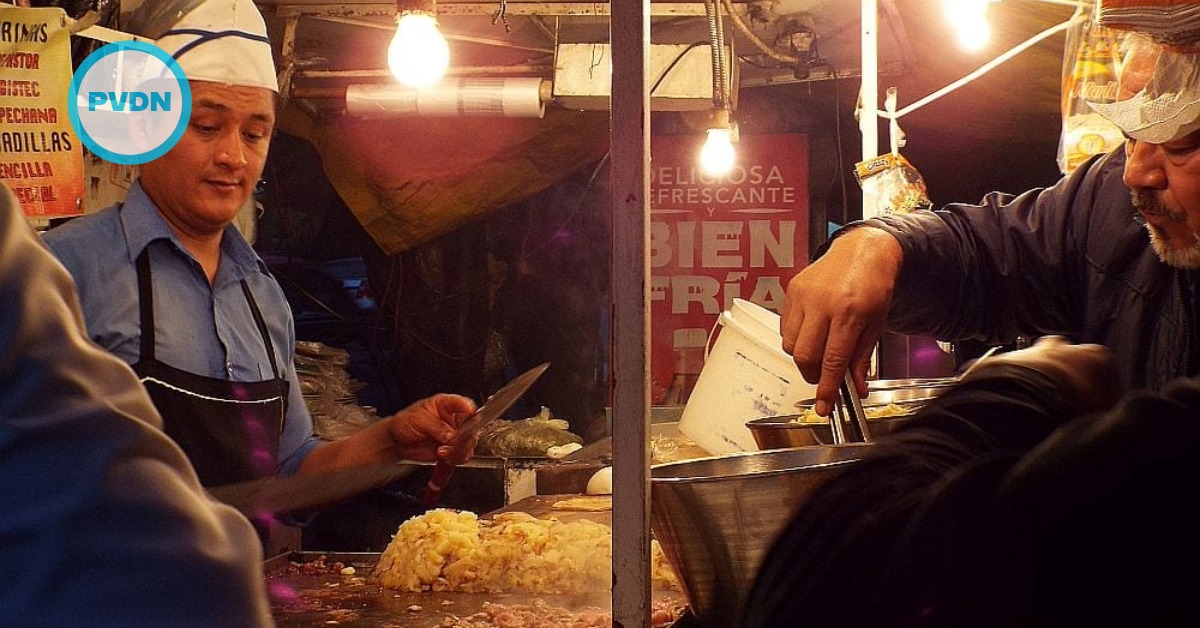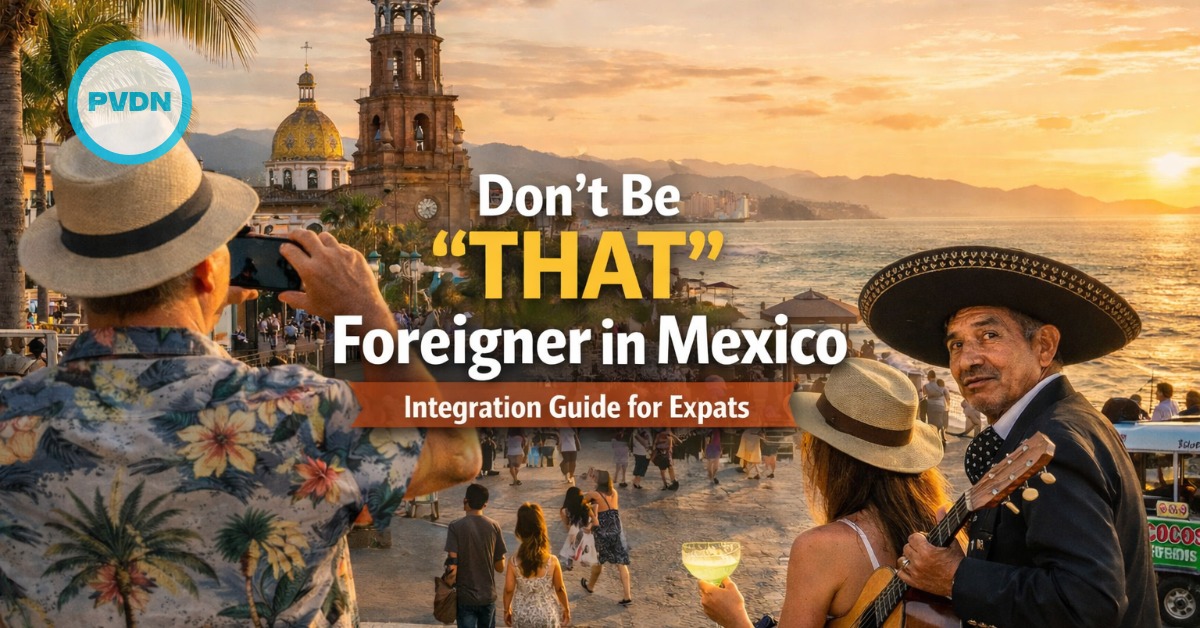Until the 1950s, Puerto Vallarta was a small fishing village, modestly popular among Mexicans as a beach resort. In 1963, "The Night of the Iguana" was filmed just south of Puerto Vallarta. The film's star, Richard Burton, was involved with Elizabeth Taylor at the time. She followed him on location and the paparazzi followed her. Suddenly Puerto Vallarta was all over the news -- and on the map, as far as Americans were concerned -- and it's remained there since.
At about this time, the Mexican government began to invest heavily in infrastructure making Puerto Vallarta more accessible and attractive . . .





